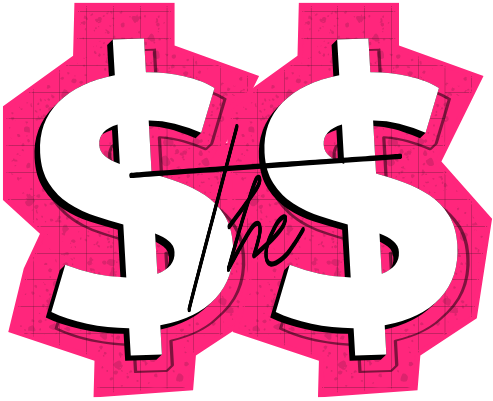Blogging is the act of creating and publishing content on a website in the form of written articles or posts, often with a personal or informative focus.
- Blog: A website or web page that is regularly updated with new content, typically written in an informal or conversational style.
- Blogger: An individual who creates and maintains a blog, sharing their thoughts, experiences, or expertise.
- Blogging Platform: A software or service that allows users to create and manage a blog, such as WordPress, Blogger, or Medium. (ref.: Medium glossary)
- Blog Post: An individual entry or article published on a blog. (ref.: blog post glossary; WordPress glossary)
- Blogroll: A list of recommended blogs or websites, often displayed in the sidebar of a blog.
- RSS Feed: Really Simple Syndication, a format for delivering regularly changing web content, often used for blog subscriptions.
- Comments Section: The area below a blog post where readers can leave comments and engage in discussions.
- Archives: A collection of past blog posts organized by date, typically accessible through a blog’s navigation menu.
- Categories: Topics or themes used to organize and categorize blog content for easier navigation.
- Tags: Keywords or labels assigned to blog posts to help classify and organize content based on specific topics.
- Permalink: A permanent URL that links directly to a specific blog post, providing a stable link even if the content is moved or archived.
- SEO for Blogs: Search Engine Optimization techniques applied to improve a blog’s visibility and ranking on search engine results pages.
- Widget: Small applications or features that can be added to a blog’s sidebar or footer to enhance functionality.
- Responsive Design: Designing a blog to ensure optimal viewing and functionality across various devices, including desktops, tablets, and smartphones.
- Monetization: Strategies for earning revenue from a blog, such as advertising, sponsored content, or affiliate marketing.
- Guest Blogging: Writing and publishing content on someone else’s blog as a guest contributor.
- Backlink: A link from another website to a specific blog post, contributing to search engine ranking and authority.
- Engagement: Measures of reader interaction with a blog, including comments, shares, and social media interactions.
- Content Calendar: A schedule outlining planned blog posts and their publication dates. (ref.: content marketing glossary)
- Call-to-Action (CTA): A prompt encouraging readers to take a specific action, such as subscribing, sharing, or purchasing.
- Evergreen Content: Blog content that remains relevant and valuable over an extended period without becoming outdated.
- Niche Blogging: Focusing on a specific, narrow topic or industry within a blog.
- Affiliate Marketing for Blogs: Promoting other products or services and earning a commission on sales generated through the blog’s affiliate links. (ref.: affiliate marketing glossary)
- Lead Magnet: Incentives offered on a blog to encourage visitors to provide their contact information, such as ebooks, webinars, or free resources.
- Bounce Rate: The percentage of visitors who navigate away from a blog after viewing only one page. (ref.: bounce rate glossary)

Blogging is the art of sharing information, ideas, and insights through online content. Bloggers craft engaging posts to connect with audiences, offering diverse perspectives on topics ranging from personal experiences to professional expertise. It’s a dynamic platform fostering communication, education, and community building, with posts often accompanied by multimedia elements for an enriched reader experience.
